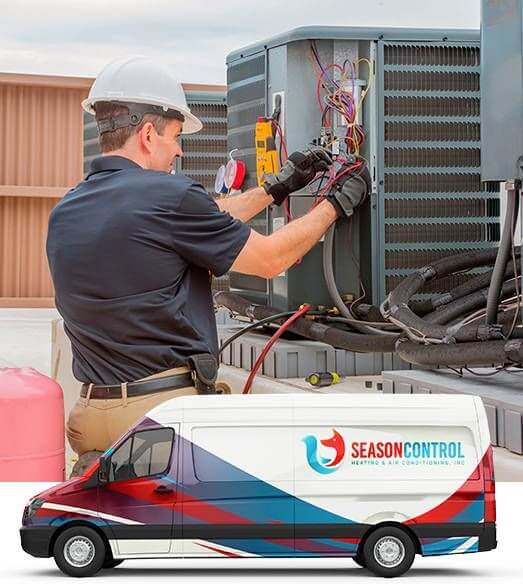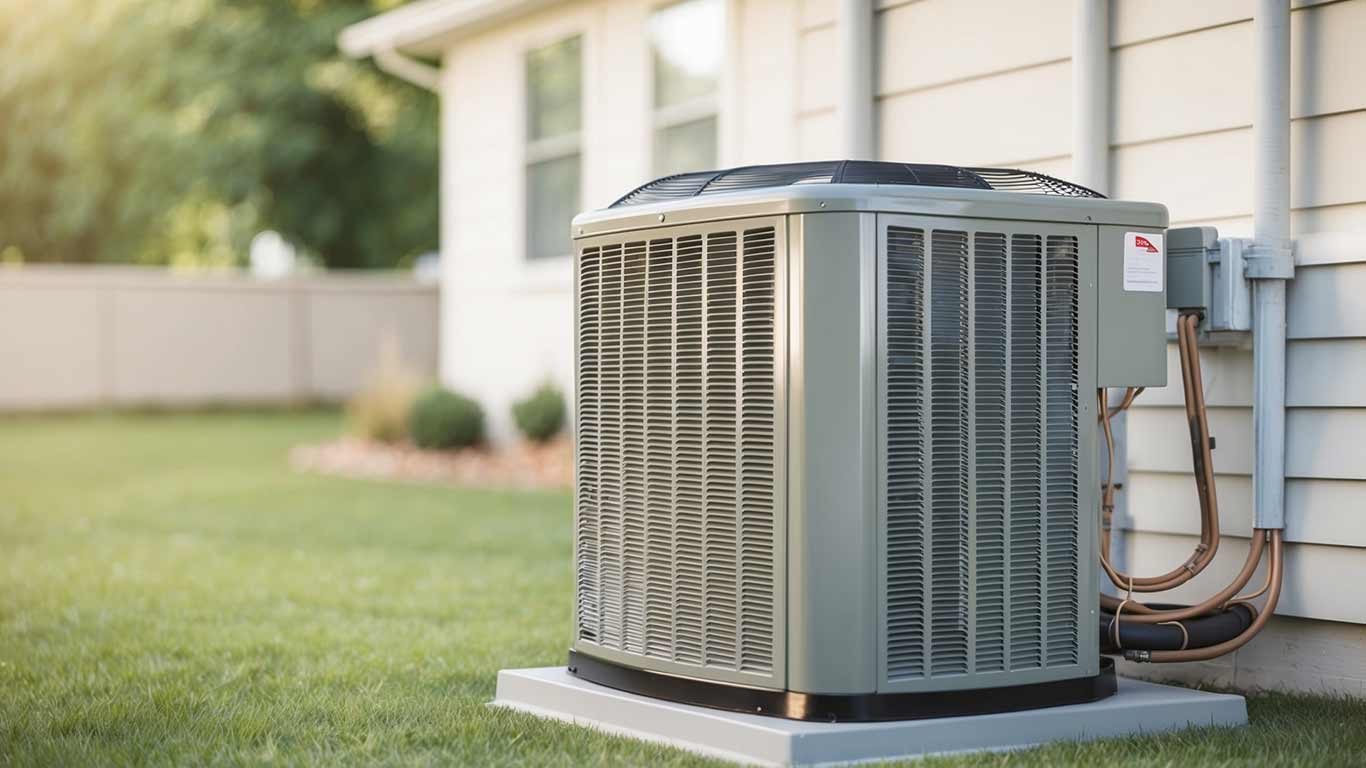What Is A Commercial HVAC?
# What Is A Commercial HVAC?
**What Is A Commercial HVAC?**
A **commercial HVAC** system refers to the network of equipment and technologies used to regulate heating, cooling, and ventilation in commercial buildings. Unlike residential systems that serve individual homes, commercial systems cater to larger spaces such as offices, schools, hospitals, and shopping centers. These systems are designed to handle varying loads and conditions that are typical in commercial settings.
# **How Does Commercial HVAC Work?**
Commercial HVAC systems operate by circulating air through a complex network of ducts and equipment. The process begins with the heating or cooling unit conditioning the air before it travels through ducts into different rooms or zones within a building. Ventilation plays a crucial role as well; it ensures fresh outdoor air enters the indoor space while expelling stale air.
---
# **Energy Efficiency**
With rising energy costs in California, energy-efficient commercial HVAC systems can save businesses significant money over time.
# **Regulatory Compliance**
Many commercial properties must adhere to local regulations regarding heating and cooling efficiency standards—having an effective HVAC system ensures compliance.
---
# **Packaged Units**
These all-in-one systems contain both heating and cooling components housed in one unit outside the building.

# **Variable Refrigerant Flow (VRF) Systems**
VRF systems allow precise control over heating and cooling across multiple zones within a building while using refrigerants as the heat transfer medium.
---
# 1. Building Size and Layout
Larger buildings may need more robust systems like VRF or split units to ensure adequate temperature control across different areas.
# 3. Initial Investment vs. Long-Term Savings
Consider both upfront costs and potential savings on energy bills when evaluating options.
---
**Installation Process of Commercial HVAC Systems**
Installing a commercial HVAC system involves several steps:
1. Assessment: Evaluating building requirements based on size, layout, and usage. 2. Design: Creating plans that include ductwork layouts and equipment placement.
3. Installation: Setting up equipment according to design specifications. 4. Testing: Ensuring proper function through rigorous testing protocols.
5. Commissioning: Final checks before handing over to facility management.
---
FAQs About Commercial HVAC # 2. How Often Should I Service My Commercial HVAC System?
It’s generally recommended to service your commercial HVAC system at least twice a year—once before summer peak demand and once before winter heating season starts.
# 4. Can I Install A New System Myself?
While DIY installation may seem tempting to save money upfront, it’s advisable to hire licensed professionals who understand local codes and can ensure proper installation for safety reasons.
# 6. Are There Any Tax Benefits For Upgrading To An Energy-Efficient Model?
Yes! Many programs offer tax credits or rebates when you upgrade your existing equipment to meet specific energy efficiency standards set by government initiatives—check local incentives available specifically within California!
---
pre1/##
